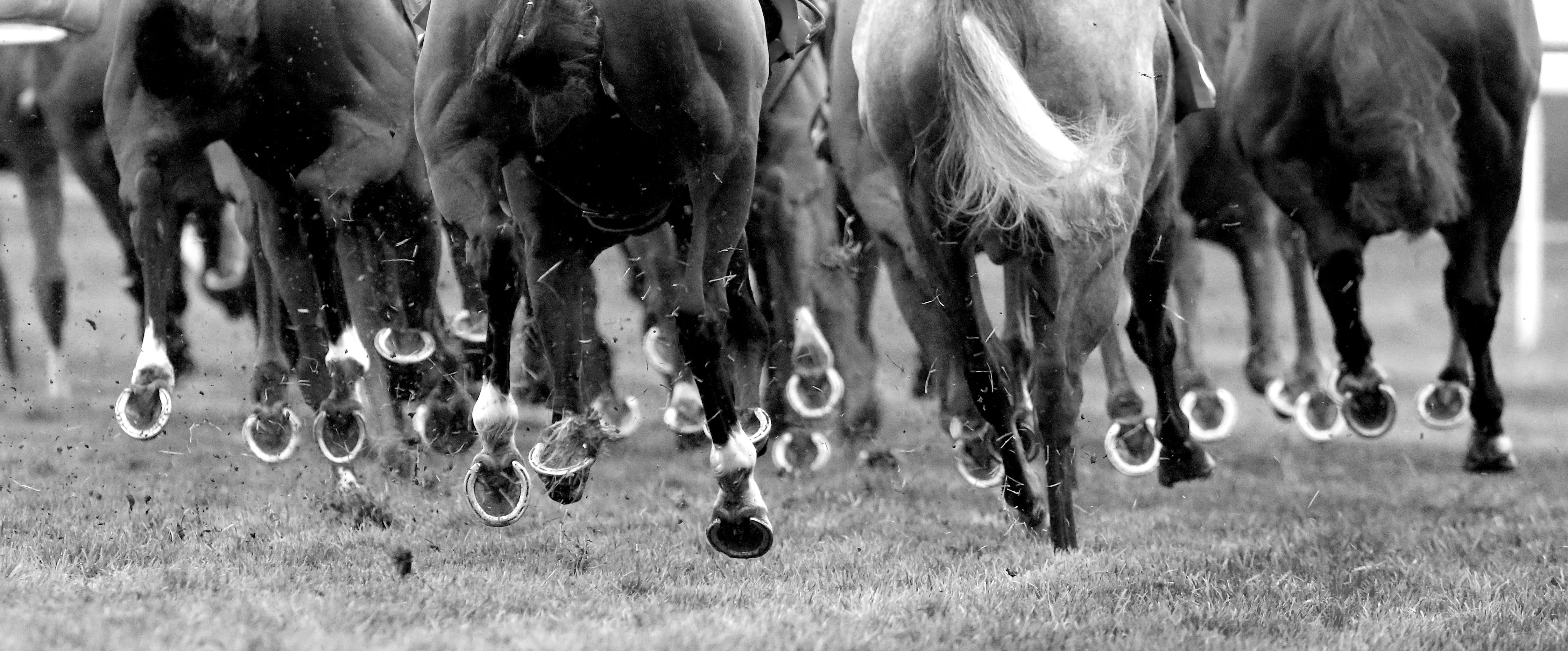
- Revised protocol builds on existing pre-race veterinary procedures
- Allows more time for engagement between the BHA, trainers and veterinarians
- New online system aims to improve and simplify the process for connections
The British Horseracing Authority (BHA) and Aintree Racecourse have confirmed enhanced pre-raceday veterinary protocols for all horses entered in the 2023 Randox Grand National Steeple Chase.
The revised procedures build on the thorough pre-raceday veterinary processes already in place which, through regular engagement between the BHA, racecourse, trainers and veterinary surgeons, aim to help ensure that the race is run as safely as possible.
Earlier engagement between the BHA, trainers and veterinarians
As in previous years, trainers with Grand National entries must provide the BHA with information about any treatment, procedures and medication their horses have received in the months leading up to the race.
This is accompanied by videos of the horses trotting to help identify those that may be considered ‘poor movers’ or which have an ‘asymmetrical gait’. These enable the BHA, trainer, and stable veterinarian to discuss any abnormalities and, where necessary, complete any additional assessments to support the horse’s suitability to race.
For 2023, this process will begin at a much earlier stage, starting immediately after entries close on Tuesday 7 February and concluding, as in previous years, with pre-race checks – including a detailed veterinary assessment and trot-up – for every horse on the morning of the race.
This will allow more time for the BHA and connections to identify, discuss and seek to resolve any potential veterinary issues well in advance of the race – helping to avoid a situation where a horse may need to be withdrawn on the day.
Full details of these measures have already been shared with trainers. Those with 2023 Grand National entries will be contacted directly once entries close, with specific guidance about the information required and how and when this should be submitted.
We recognise that the revised process for this year’s race may result in increased costs for connections and so Aintree Racecourse has reduced the initial 2023 Grand National entry fee by £150 to reflect this.
Submitting veterinary records using Equine MediRecord
All veterinary information for the 2023 Grand National will be submitted and recorded using Equine MediRecord (EMR) – a secure digital platform for managing the horse’s medical records.
The use of EMR technology aims to improve and simplify the process for everyone involved, with a more user-friendly system for submitting and storing the necessary information and enabling it to be shared digitally with the BHA’s veterinary team.
Already a familiar system to many British and Irish trainers for managing the veterinary history of their horses, EMR is also in operation in international racing jurisdictions as part of their pre-race equine health and wellbeing protocols. Trainers new to the system will be supported throughout the process.
The use of EMR for the Aintree protocols has been made possible thanks to the work of the Horse Welfare Board and grant funding from the Racing Foundation, with continually improved medical data and clinical record analysis central to British racing’s ongoing welfare strategy.
The digital platform will also be used for the medical declarations process for the 2023 Randox Foxhunters’ Open Handicap Steeple Chase and Randox Topham Handicap Steeple Chase. However, the information required will remain the same as in recent years, with the enhanced protocols applying to the Grand National only.
Trainers with entries in the Foxhunters’ and Topham will be contacted directly following close of entries with details about the information needed and support with using EMR.
BHA Director of Equine Health and Welfare, James Given, said:
“The BHA works closely with our racecourses, participants, Horse Welfare Board and others to continually improve the sport’s safety record and ensure we are taking every reasonable step to reduce avoidable risk.
“The enhanced protocols build on the thorough pre-race veterinary procedures already in place, enabling us to engage with connections at a much earlier stage to identify, discuss and seek to address any potential matters well in advance of raceday.
“The use of the Equine MediRecord system aims to streamline the process for everyone involved, with the relevant medical information and video submissions uploaded, stored and analysed digitally.”
Sulekha Varma, Clerk of the Course at Aintree, said:
“Welfare is always at the forefront of our minds at Aintree and across the wider Jockey Club and great strides have been made in recent years, particularly in terms of the course itself, turf management and in the facilities available at the racecourse.
“These new veterinary protocols enhance welfare even further and will ensure that all contenders in the Randox Grand National line up in the best possible health.
“Recognising there are cost implications for connections, Aintree Racecourse has reduced the initial Grand National entry fee by £150.”
Pierce Dargan, Chief Executive Officer of Equine MediRecord, added:
“We’re pleased to be working with the BHA and Aintree Racecourse and supporting all trainers in completing the mandatory pre-raceday veterinary processes ahead of the 2023 Grand National.
“The EMR platform allows for the horse’s veterinary history and treatment information to be collected and stored safely and securely online, making it quick and easy for connections to upload the necessary information to ensure compliance with the protocols in place.
“EMR is already used by trainers around the world, including in Britain and Ireland, for the day-to-day management of veterinary records, and our team will be on hand to provide additional support wherever this is needed.”
